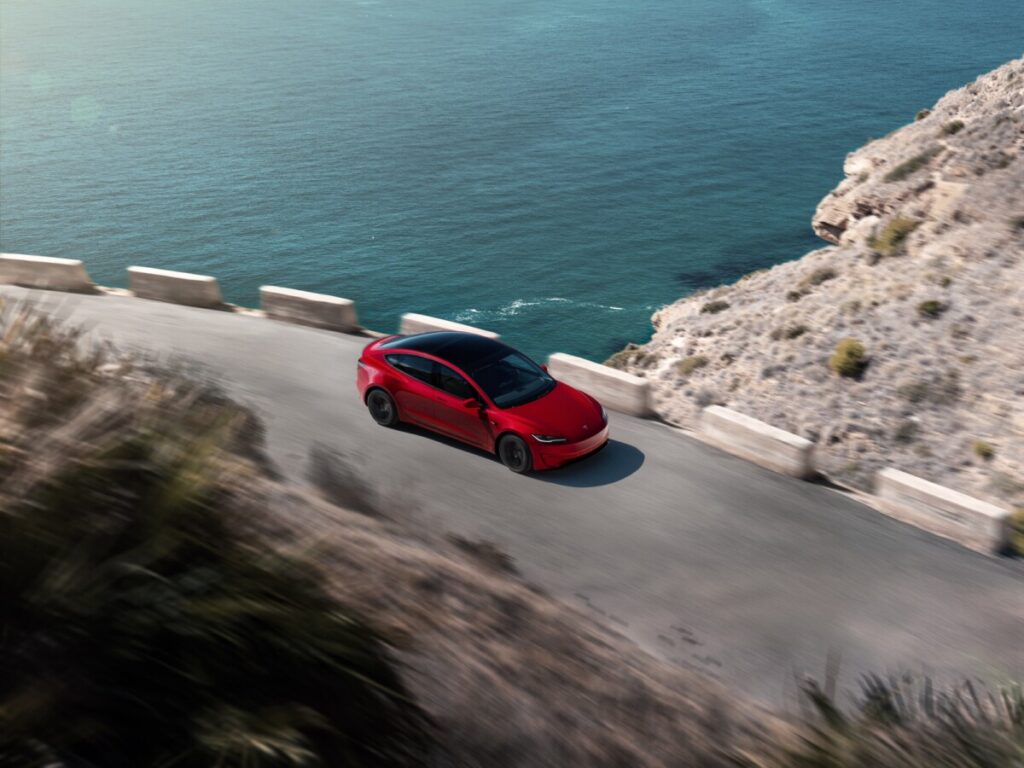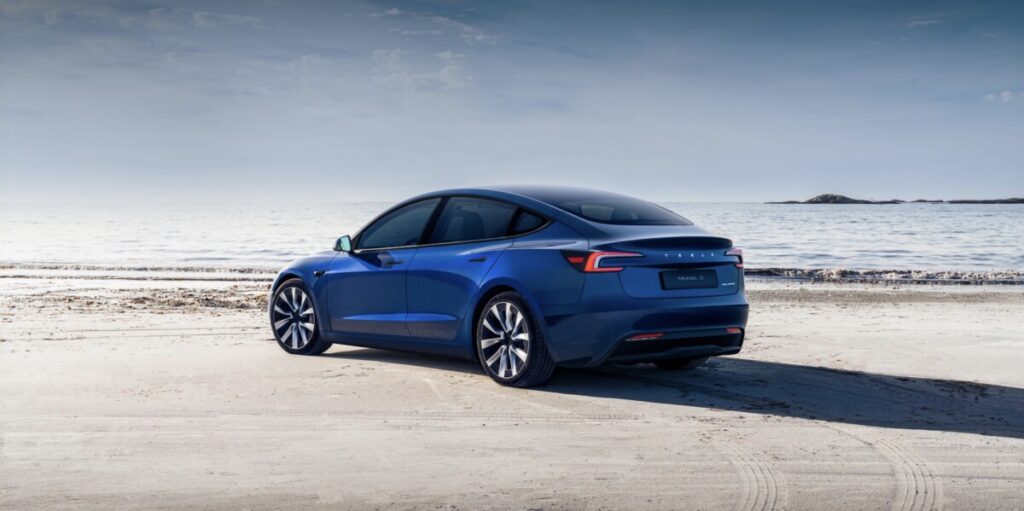In many parts of the world, electric vehicles (EVs) are still seen as a novelty, and their performance in extreme weather conditions remains a topic of debate. However, Norway is proving that cold weather is no obstacle for electric cars. With more than 96% of new car sales being electric, this Scandinavian country is leading the charge towards a fully electric future, all while facing harsh winter temperatures.
Norway’s Electric Car Success: A Cold-Weather Test Case

One of the most common concerns about electric cars is their range during the winter months. Cold temperatures can affect the performance of the battery, causing it to consume more energy to maintain its functionality. While this is true—batteries work best at around 25°C, and cold weather can lead to a decrease in driving range—it doesn’t mean that electric vehicles are unfit for colder climates.
In Norway, where winter temperatures regularly drop below freezing (with occasional peaks reaching -25°C), electric cars are thriving. Tesla, for example, leads the electric car market in the country, surpassing gasoline-powered vehicles in sales for four consecutive years. Tesla’s success proves that EVs can not only survive in cold conditions but can outperform traditional combustion engines.
Electric Vehicles in Cold Climates: A Real-World Example
Tesla’s Vice President, Tao Lin, recently shared on social media that in cold climates, electric vehicles are more than capable of completely replacing gas-powered cars. Tesla’s models have consistently outperformed their internal combustion counterparts, particularly in the frigid Norwegian winters. Model Y, one of the brand’s top sellers, is just one example of a car that thrives in these conditions.
Moreover, according to Max de Zegher, Tesla’s Supercharger division head, 96.4% of all new vehicles sold in Norway are electric. This statistic highlights the growing dominance of electric mobility in the country and shows that the shift towards EVs is far from slowing down. Experts predict that Norway could soon reach 100% electric vehicle sales within the next year—an incredible milestone for the industry.
A Myth Debunked: Electric Cars Are Winter-Proof

The myth that electric cars are impractical in cold weather is quickly being dispelled. Even with average winter temperatures hovering around -7°C and occasional drops to -25°C, Norway is proving that electric vehicles can perform reliably in such extreme conditions. In fact, a recent test showed that Tesla’s Model S performed exceptionally well during winter testing. The Model S was able to travel a remarkable 530 kilometers on a single charge, with minimal difference between its theoretical range and its actual winter performance.
Model Y, while experiencing a 26% range loss in cold weather, still performed admirably compared to other electric vehicles, which often see far more significant reductions in winter range. This makes it clear that EVs, especially from brands like Tesla, are capable of handling cold temperatures without drastically compromising range.
Norway’s Push for Electric Cars: Government Support and Incentives
Norway’s commitment to a fully electric future is not only about climate change but also about making electric cars accessible to all. While subsidies for purchasing EVs have been reduced in recent years, the Norwegian government continues to encourage electric car adoption through other means. For example, Norway has decided not to impose extra duties on cars imported from China, unlike much of the rest of Europe, making electric cars from countries like China more affordable.
Additionally, Norway has implemented a law requiring all charging stations to accept credit card payments. This policy, which went into effect in July 2023, is now also in place in France, ensuring that EV owners can easily find and use charging stations without the hassle of carrying specific membership cards or dealing with incompatible payment methods.
The Future of Electric Cars: A Cold-Weather Revolution
As more and more countries around the world look to reduce emissions and transition to electric mobility, Norway’s example offers valuable lessons. The country’s experience shows that electric cars are not just feasible in colder climates but are actually becoming the norm. Thanks to innovative technology, government support, and a growing commitment from consumers, electric cars are ready to take on winter’s toughest challenges.
For those who still harbor doubts about the effectiveness of electric vehicles in colder climates, Norway’s success story should offer plenty of reassurance. Whether you’re living in a chilly region or just looking to make the switch, the cold weather is no longer a barrier—electric cars are here to stay.






